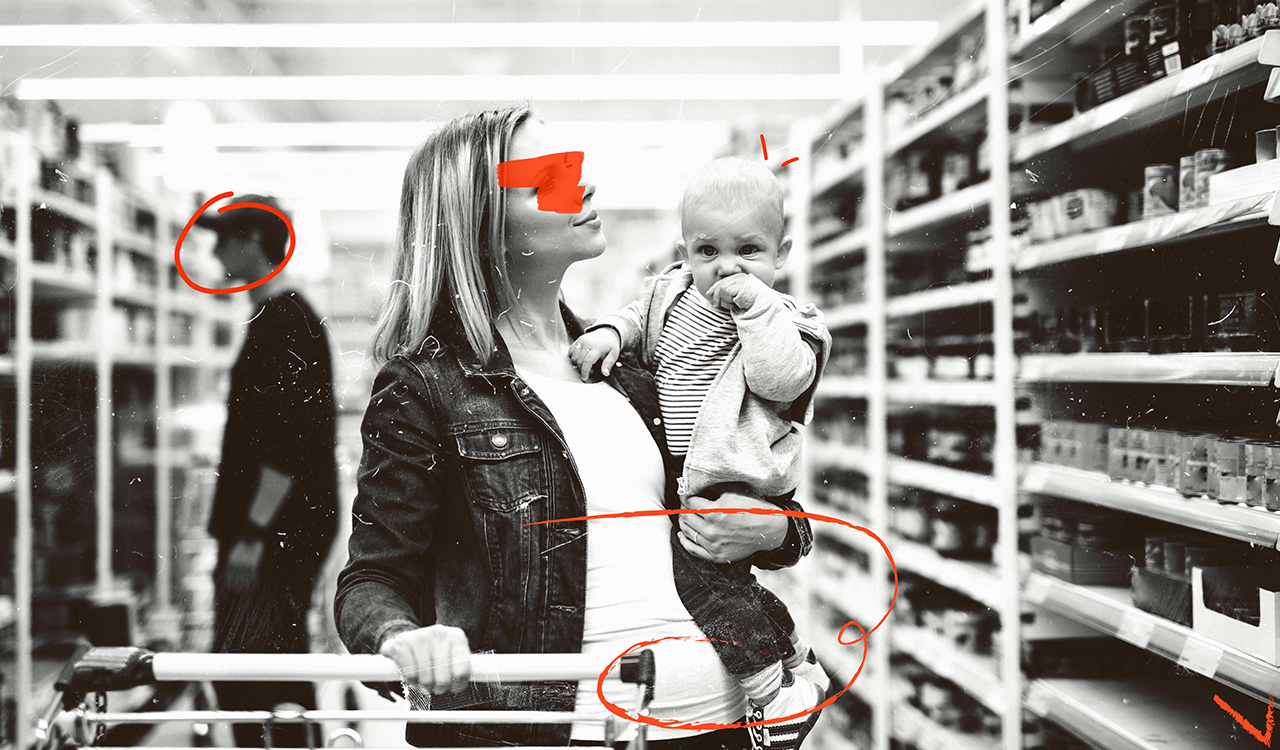It’s a strange time to come of age, but Gen Z is doing just that in a world on lockdown. While it’s beginning to look like there’s light at the end of the tunnel for nonessential retailers, NextGen consumers have been profoundly impacted by the Covid crisis and their purchasing behavior will never be the same. Young consumers’ trust, and engagement with brands during shutdowns will play a factor in what brands they choose to patronize when stores reopen. The number of available entry-level jobs will also play a factor, as that determines NextGen’s expendable income level once they move out of their parents’ homes. However, this discussion is geared towards what brands can do to gain market share, as opposed to a report on the state of the economy.
With that said, let’s review three NextGen consumer concerns during Covid and what retailers can do to address them.
1/ Employee Protection is Table Stakes
The Edelman Trust Barometer found that 71 percent of consumers agree that if they perceive that a brand is putting profit over people throughout the outbreak, they will lose trust in that brand forever. According to Edelman, 78 percent of consumers expect businesses to act to protect their employees and their communities, while 73 percent expect businesses to adapt their human resource policies either to give employees paid sick leave or prevent at-risk employees from coming to work.
Now, the above stats were pulled by polling consumers across generations. And since Gen Z is the most socially conscious consumer demographic (closely followed by their millennial predecessors), they’ll hold brands particularly accountable. NextGen consumers will base their post-Covid purchasing decisions on each brand’s employee experience during shutdowns. This doesn’t mean paying for a generic add that thanks frontline employees without improving their hourly wages or guaranteeing they have adequate paid sick leave.
[callout]Millennial and Gen Z sense of trust is dialogue-driven. NextGens don’t just want to know that they’re shopping with retailers who aren’t part of the problem, they want to shop with retailers that are part of the solution.[/callout]
Gen Z consumers do their research, and they know firsthand the hollowness of corporate lip-service from their friends in entry-level essential work positions. This is a pivotal moment where money talks, healthcare talks, and paid sick leave talks. And how companies treat employees and service their communities during lockdown will impact how their business is perceived for years to come.
2/ Social Media as a Vehicle for Mental Health
As Gen Z favorite Cardi B said at the onset of the coronavirus outbreak: “Sh** is gettin’ real.” Pew Research reports that most young adults view Covid-19 as a major threat to the economy (88 percent), with about half also voicing concerns about their own personal finances (49 percent). But it’s also brought our attention to the very real (albeit less sexy) topic of mental health in the U.S. It’s not just individuals with pre-existing mental health issues that are being impacted by the grisly coronavirus and its resulting lockdowns. Doctors, nurses, and college students around the world have also fallen prey to isolation and despair.
The fourth wall between retailers and the communities they serve has been broken. And in a world gone mad, NextGen consumers expect brands to connect with them on a deeper level via digital channels – which means humanizing their outreach on social media. Young consumers also expect brands to be a reliable sense of news and information during this time.
Brainly reports that over a quarter of Gen Z have experienced a negative impact on their mental health from the pandemic. However, in the same report 35 percent of Gen Z said that social media platforms such as TikTok, Instagram, and Snapchat have been a good outlet for mental health expression.
Beauty brands like Kiehls and Goop have taken the current state into account and launched live chat hours, and/or utilized brand ambassadors to host private WeChat discussions on consumer requested topics––the most prevalent of which, Glossy reports, is how to manage anxiety. Levi’s now entertains customers with live online performances at 5:01 PT on Instagram Live (in a subtle shoutout to the brand’s breakout 501 denim). And luxury fashion houses, from Jimmy Choo to Alexander McQueen to Stella McCartney, have found creative ways to support and engage quarantined customers on digital platforms.
3/ Delivery Takes Precedence After the Outbreak
Delivery has become the primary — and in some cases, sole – business channel for nonessential retailers. Millennials and Gen Z are still spending on digital channels, with plans to continue once business resumes. An April survey by Prosper Insights and Analytics found that 34 percent of Gen Z plan on shopping more online in the after the pandemic, versus 31 percent of millennials. But the same study found that 15 -16 percent of NextGens have had difficulty getting their orders delivered. When so many consumers are still waiting on products they purchased weeks or even months ago, it makes sense that NextGens who are doing a little comfort shopping gravitate towards brands with a faster ROI.
Suddenly, details about a retailer’s supply chain that were once esoteric knowledge are becoming public table stakes that determine where customers do their shopping. Consumers want to know how their orders will be delivered, when they will be delivered, and what each retailer is doing to keep the products sanitized in the process. Both legacy retailers and SMBs can differentiate themselves through their delivery experience after shutdowns. But legacy retailers may need to refine their back-of-house process and/or partner with a different delivery agency to continue delivering products as scheduled; while SMBs may opt to personally deliver goods to customer’s homes or offer same-day curbside pick-up for online orders.
Here’s where transparency comes in. Now more than ever, speedy delivery can be a selling point, but NextGen consumers want to be clued into the status of their delivery every step along the way. Live delivery updates via text or email give young consumers the transparency they need to trust that their orders will be delivered in a timely fashion, but it’s equally essential to have remote customer service agents on-call to respond to delivery issues as they arise.
Consistent Contact Drives NextGen Trust
Millennial and Gen Z sense of trust is dialogue-driven. NextGens don’t just want to know that they’re shopping with retailers who aren’t part of the problem, they want to shop with retailers that are part of the solution. This means speaking to the issues they care about: employee protection, mental health, and (as always) sustainability. In a time when so much feels uncertain, business owners that give young consumers increased control over their shopping experience will stick in their minds as market leaders for years to come.




